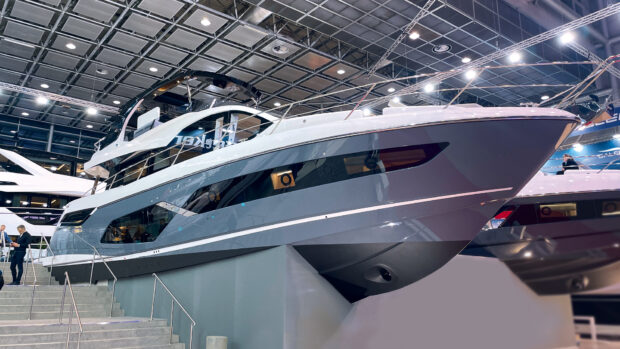The government is taking too long to set up more marine conservation zones, according to a report from the Environment Audit Committee
The preservation of marine habitats is being hampered by the government’s sluggish approach to setting up more Marine Conservation Zones (MCZs), it has been claimed.
More than four years after the initiative began, progress remains “slow” and “disappointing”, according to the Environment Audit Committee (MAC).
The cross-party group of MPs delivered a highly critical report last week (21 June), which accused the Coalition of “a lack of government commitment” to the issue.
Despite last year’s announcement of 27 MCZs in England, Wales and Northern Ireland, the committee claimed that the government was not doing enough to meet its target of creating 37 additional zones by 2015.
The committee recommends that there should be a total of 127 MCZs in the UK to conserve “nationally rare” or “threatened” marine habitats and wildlife.
Joan Walley, chairwoman of the EAC, said in the report: “It is now well over four years since the launch of the programme, yet only 27 of the 127 sites recommended by independent project groups have been designated.
“The government must stop trying to water down its pledge to protect our seas and move much more quickly to establish further protection zones and ensure they can be enforced.”
Part of the reason for the delay is the government’s stringent demands for evidence before more MCZs can be set up, but the EAC has claimed that they should press ahead on the basis of “precautionary principle” alone.
The reaction to MCZs within the boating community has been largely negative, with suggestions that the zones could lead to speed limits and anchoring bans.
Caroline Price, planning and environmental manager at the RYA, told MBM: “The absence of any comprehensive published explanation of many aspects of the marine conservation zone (MCZ) process remains an on-going issue for all stakeholders.
“Without clarity on what designation will actually mean for boaters it is extremely difficult to analyse the potential impact of any proposed MCZ.
“We do however have concerns about the Committee’s recommendation to move away from underpinning MCZ designation with robust evidence.
“It is our view that a strong evidence base is essential to support decisions that could have socio-economic impacts and effects on people’s livelihoods. Simply relying on the “best available evidence”, irrespective of its scientific rigour, is in our view unacceptable.”











